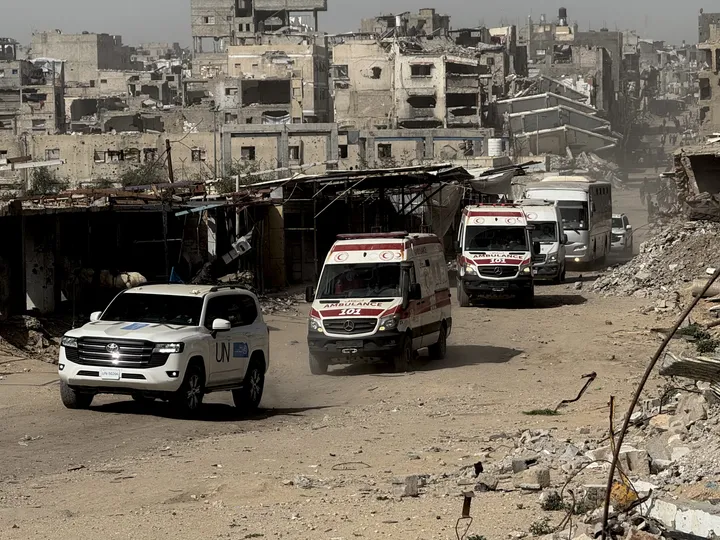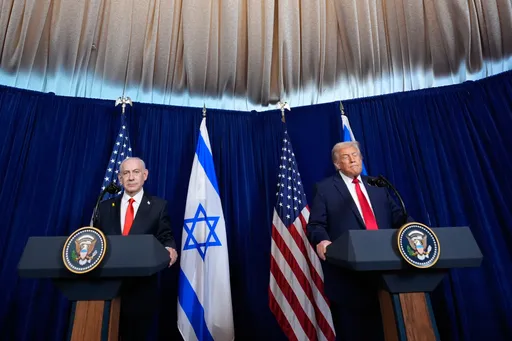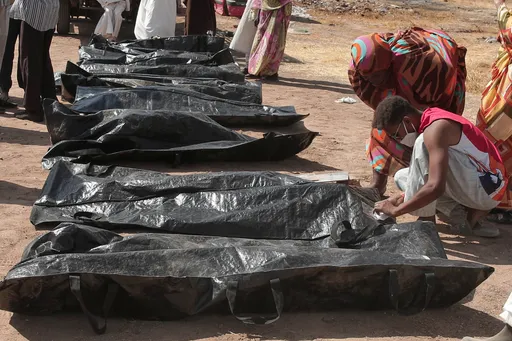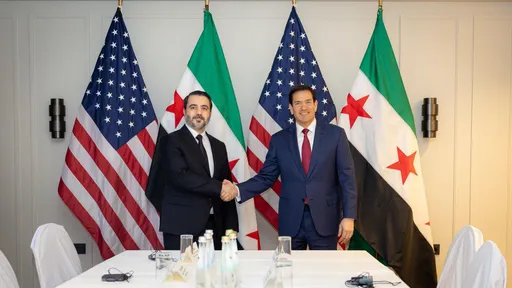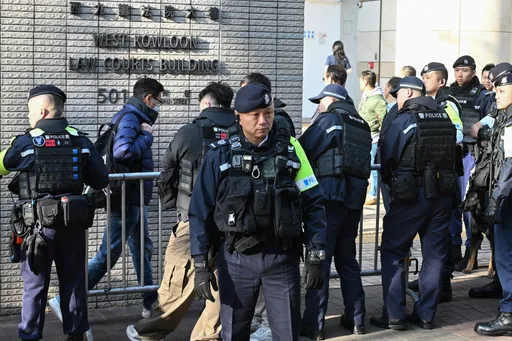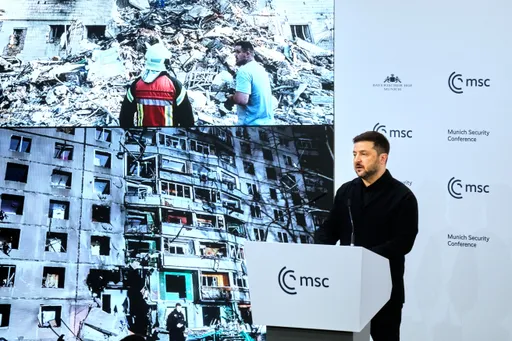TAIZ, Yemen — Abdulhabib Ali Saleh,13, wants to grow up and become a pharmacist but Yemen’s war has gradually erased his dreams of a better future. Abdulhabib, one of seven siblings, lives in Taiz and has not been to school since 2016 when most public schools shut down in the northern provinces.
Yemen has been at war since 2015; its internationally-recognised government backed by a Saudi-led coalition fighting Houthi rebels. One way in which the war has torn Yemen apart is perhaps best epitomised by Taiz, half of which is controlled by Houthis and half by the government.
"I am in the seventh grade but all public schools were closed, and my father cannot afford private school," Abdulhabib tells TRT World. “So nowadays I have two choices: either forget my dream to be a pharmacist or work now and collect money so I can pay for private school next year.”
The government typically stops the flow of funds to areas controlled by the Houthis. The administration of President Abdrabbuh Mansour Hadi — who is in exile — only pays the salaries of public employees in the southern provinces and refuses to pay those in the northern provinces, which are controlled by the Houthis.
Millions of children have been affected. Public sector teachers in the northern provinces have been on strike as they have not been paid for one year.
UNICEF Yemen said 4.5 million children have been affected by the closure of public schools in the northern provinces; nearly two million of which are out of school. Approximately three-quarters of Yemen’s teachers have not been paid for a year, the UN agency warns.
Ali Saleh, Abdulhabib's father, works as a labourer on construction sites and can hardly afford to feed his children. Private school is a luxury out of his reach, so his 13-year-old son has taken it upon himself to cart people's goods in a wheelbarrow to earn money.
Abdulhabib works seven days a week, in Al Turbah market, in south of Taiz and aid distribution centres where he offers his pushcart services.
"It’s a tough job but I don’t have any other choice,” he tells TRT World.
“I should work if I want to start school again next year. In a day, I can earn around YR700 [$1.80]. I think I can collect enough money to resume my education," Abdulhabib says.
Abdulhabib is only one of millions of children forced out of schools. Some of these children work or beg; others are recruited as child soldiers.
"When our school was shut down last year, my rich classmates did not stop their studies; they just moved from our school to a private one."
Ali Saleh says education is not a priority for people facing poverty. Fathers are struggling and working hard to provide their families with food.
"Before the war, I was working 20 days a month and sometimes even the entire month, but now I hardly find work worth more than a week," Ali Saleh tells TRT World. “There are times when I find no work whatsoever — we can hardly manage to put food on the table.”
Life was hard even before Yemen became an international warzone. Almost half of Yemenis lived below the poverty line, two-thirds of the youth were unemployed, and social services were on the verge of collapse.
Now, at least 20.7 million people in Yemen need some kind of humanitarian or protection support. Around 17 million people – 60 percent of the country — face food insecurity. “A staggering seven million people do not know where their next meal is coming from and are at risk of famine, ” according to the UN Office for the Coordination of Humanitarian Affairs.
Saleh regrets not studying. “I want all of my children to be educated, but study is not free nowadays, so I encourage them to work and save money to pay for their school.” He tells TRT World, “If the children are exhausted [because of work], they will forget about it later, but if they lose their chance at an education, they won’t get another chance later.”
The battle Yemeni children face
Nine-year-old Jaber Zaher’s father Ali has liver cancer and depends on the largess of others for medication and food.
Jaber belongs to the Muhamashin, who descended from Africa and have been marginalised by other Yemenis.
When the public schools in Al Dhabab shut down, Ali decided his children could help the family by begging on the streets.
"I cannot buy food for my children, so it is difficult to pay for their schooling. If public schools do not reopen, my children will continue to beg so they can provide us our needs," Ali told TRT World.
War has forced some Yemeni children out of schools and into battlegrounds. UNICEF representative in Yemen Mertixell Relano warned in April the war may deprive a generation of children of education.
“Those children who are not in school are at risk of being recruited [for military service], or the girls might be at risk of being married earlier,” she added.
Both pro-government forces and Houthis try to recruit children as soldiers. With poverty nearly doubling from 34.1 percent in 2014 to 62 percent in 2016, money is a strong incentive for some parents to hand over their children.
Unpaid teachers and new schools
"At the moment, we have more than 166,000 teachers in the country that have not received a salary since October last year,” according to Relano.
Ameen Mamoon, a teacher in Al Nour Secondary School in Taiz al Shimayatin district, confirms that teachers will not resume their work if they do not receive regular salaries.
“We don’t want to see our students work or fight, but we are the breadwinners of our families and we cannot teach students for free,” Mamoon tells TRT World. “The government forced our hand, forcing us to look for work in private schools or other sectors."
Mamoon now teaches English at private institutes. He says he will go back to the public school once he starts receiving his salary there regularly.
A source in the Ministry of Education in Sanaa confirms they are cooperating with other ministries to pay teachers.
"We cannot deny that the strike forced thousands of students to take up hard labour or fight on the battlefields, but we cannot solve the problem of salaries easily,” the official tells TRT World, requesting anonymity. “We are still looking for a proper solution.”
The official confirms many new private schools opened in the last year — after the teachers went on strike. And the children who can afford it are enrolling.
"Some people even sold their family jewellery and other belongings just so they could send their kids to private schools,” the official says. “Even if some public schools open their doors, people might not trust them to offer their children continuity in the absence of paid teachers."
The parents' worry is not entirely misplaced. A few public schools did reopen in 2016, but only for a month or two, and their students still received finishing certificates.
Saleh dreams of seeing all his children go to school in the morning instead of going to scrape together a living.
"No one wants to see their child lose out on an education or experience the tough life of a labourer, but we were forced to adapt to this difficult reality,” he says.
“I hope public schools will reopen and teach students for free," Saleh adds.
Abdulhabib echoes his father’s hopes. Many of his classmates are out of school these days, he says, because of the teachers strike.
"I can work and save for school, some children are not as fortunate. They don’t have money and can’t work either,” Abdulhabib says.
“Those are the real victims.
I wish to meet my classmates in the same school again; I am longing to play football with them in the yard.”


